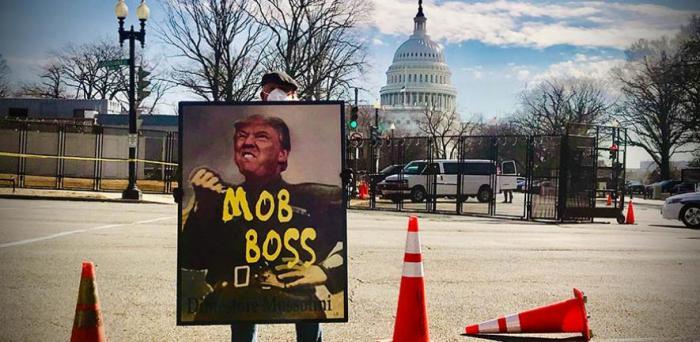According to psychologists, in addition to our physiological immune system we also have a behavioural one: an unconscious code of conduct that helps us stay disease-free, including a fear and avoidance of unfamiliar – and so possibly infected – people.
When infection risk is high, this “parasite stress” behavior increases, potentially manifesting as attitudes and even voting patterns that champion conformity and reject “foreign outgroups” – core traits of authoritarian politics.
A new study, the largest yet to investigate links between pathogen prevalence and ideology, reveals a strong connection between infection rates and strains of authoritarianism in public attitudes, political leadership and lawmaking.
While data used for the study predates COVID-19, University of Cambridge psychologists say that greater public desire for “conformity and obedience” as a result of the pandemic could ultimately see liberal politics suffer at the ballot box. The findings are published in the Journal of Social and Political Psychology.
Researchers used infectious disease data from the United States in the 1990s and 2000s and responses to a psychological survey taken by over 206,000 people in the US during 2017 and 2018. They found that the more infectious US cities and states went on to have more authoritarian-leaning citizens.
The US findings were replicated at an international level using survey data from over 51,000 people across 47 different countries, comparing responses with national-level disease rates.
Image: A protester holds a sign comparing President Trump to Italian dictator Benito Mussolini.
Credit: Maria Thalassinou via Unsplash
Reproduced courtesy of the University of Cambridge
